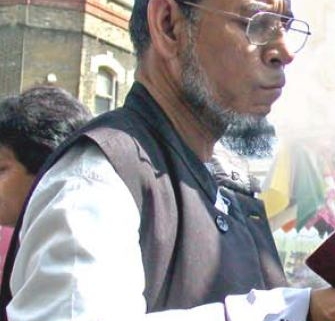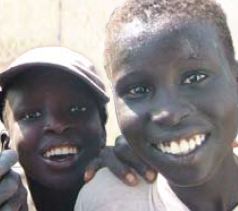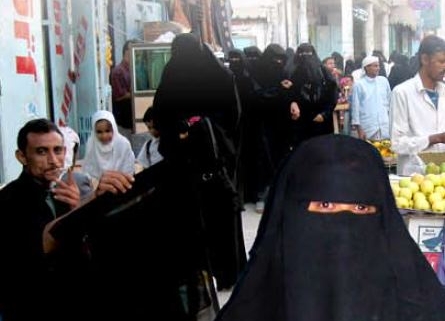About eight years ago, I noticed my mother watching a Christian programme on television. It was in Russian, my mother’s second language.
When I asked how much she understood, she admitted, “only about 30%.” And I realised that this was what it was like for most people across our nation: they hear but do not understand, as they don’t have any opportunity to listen to the Gospel in their own language.
That is when God impressed on me the great need for Christian programming in our national language. Initially, however, I received very little support for this vision, and it took some years of fervent prayer before God started opening doors. But I never doubted that God was in this, and He put people beside me to encourage and support me when I really needed it.
The breakthrough came in 2004, when I was given the opportunity to attend a Christian summer school for training in TV and video production. On completion of my training I was given responsibility for producing and directing a 30-episode Christian television drama: this project marked the start of our studio.
Our country is one of the poorest in the world, and our government, police force, and education and health care systems are riddled by corruption. Our people are bombarded with lies and deception from every direction, and, in desperation, many of them start to seek help from God.
But if they never hear the truth about God they will believe whatever was taught to them in the past, mainly Islam mixed with elements of Shamanism.
Christian television is such an effective way to teach our people the truth about God. They are able to watch in the privacy of their own home, and make the decision to receive Christ without the often negative influence of their extended family and community.
But there is a price to be paid for those who acknowledge their new faith publicly: they are viewed as traitors to their own culture, and are despised, ostracised, and often physically attacked. Persecution comes mostly from their relatives and close friends.
One young man, for example, was thrown out of his home after he became a believer. His father told him that he could only return home if he renounced Jesus, and studied the Koran. This young man refused; he said he could not throw away something that he knew to be true.
As followers of Christ in this country we strongly believe that God will send revival to our land and so, with God’s help, we are trying to do whatever is possible. We are praying that one day we will have our own TV channel, as we believe that God can and wants to use television to reach the people of this nation and influence them for His kingdom.




